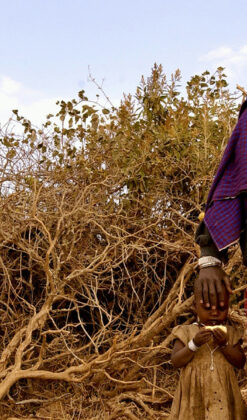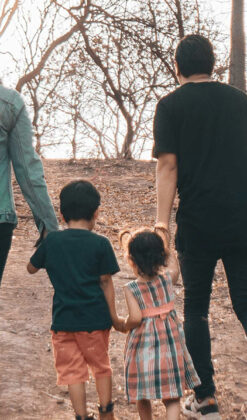
In my last post, I shared about the work that God has been doing in the leper colony of Khokana outside Kathmandu. For this post, I want to take us back to the heart of Kathmandu, to the banks of the Bagmati river where thousands of people eek out an existence—and that’s all it really is—in a slum filled with make-shift houses, muddy roads, and a wide array of stray animals infected by God knows how many diseases. It all starts with a vision God gave one man who was ready and willing to do God’s will.
Daniel couldn’t sleep on the last night of his 5 month YWAM training, and so he rolled out of bed and hiked up a nearby hill to pray. (Quick fist-bump to YWAM and all the great kingdom work they have spawned.) He asked God, “Why can’t I sleep?” And God answered by giving him a vision of children running to him with open arms. “What does this mean, Lord? Why are the children coming to me?” God told him: “You need to help the children.” As Daniel went back to bed, a quiet ember began to glow in his heart. The children must find Jesus.
Fast forward a couple years. Daniel is walking across the bridge of the Bagmati river and sees street children climbing out of the slum. Immediately Daniel realized that the slum is the root of the street kids. As long as there’s a slum, there will be kids living—or existing—on the streets. “You need to help the children.” The ember grows hot.

There are over 700 children living in the slums along the Bagmati in the Balkhu region of Kathmandu. 30-40 suffer from malnutrition and 5-7 die every year. Spiritually, however, the children of Nepal are much more eager to follow Jesus if someone would just show them the love of Christ. The adults are so entrenched in Hinduism that it takes a long time to chisel your way through the worldview that cements their hearts. But the children are looking for love, they are looking for life, and they want to know if you’ll play cricket with them and maybe dish out some candy. Showing them the love of Christ is easy. There’s not much competition. And when the kids find Jesus, some parents sit up and listen.
Daniel starting meeting with the children in 2007. He prayed with them, played with them, and talked to them about Jesus. By 2009, some of the parents starting coming to the gatherings. Daniel realized that he had just planted a church; a ray of hope in a hopeless slum, where sewage and Jesus come together to paint a beautiful, yet earthy, portrait of the incarnation.
The first transformative story that Daniel recalls was when one of the fathers came to him and demanded to know: “What did you do to my daughter?” The man was a witch doctor, so Daniel was a bit nervous. “What do you mean? I didn’t do anything to your daughter.”
As it turns out, the man’s daughter had been coming to the fellowship and accepted Jesus. One night, after her father had gone through his nightly routine of getting drunk, beating his wife, and crashing on the couch just short of passing out, his daughter laid her little hands on his head and prayed, “Jesus, please help my daddy to stop hurting my mommy. Please help him to find you.” The father heard the prayer and was crushed. Shortly after, he burned all his black-magic books and started coming to the fellowship. Another unlikely candidate joins and upside down kingdom. God is on the move.

God is doing some amazing things through (now) pastor Daniel in the slums of Balkhu. But every great ministry is salted with suffering. And Balkhu has plenty of it. Daniel told me that he had a “dry heart,” though I think this could be better translated as a “heavy heart,” given the context. I asked him why his heart was “dry” and he told me a story about a little girl who had become very ill. He went to pray for the child and hoped for a miracle, but the child still lay sick. But then he noticed that the child showed signs of malnutrition, so he gave the child milk and a nutrition biscuit and immediately a spark of life returned to her face. Her eyes brightened and she started to smile. A couple hours later, however—the child died.
Children die in this slum, 5-7 every year. That’s just the way it goes. Daniel’s dry heart seemed to leap through his chest and penetrate my own. I simply don’t have a category for malnourished children. We throw away more nutritiously rich food in a week than these children get in a year.
The ministry in the slum took another hit three months ago, when the government decided to “renovate” the banks of the Bagmati. Translated: They bulldozed over 100 homes and widened the river by cutting away a 50 x 100 yard section of the slum. Unfortunately, the church/school, where 130 believers meet was one of the structures that was in the way. It too was destroyed.
Fortunately, God doesn’t dwell in temples or churches made by humans hands, but in the hearts of the 130 believers, yes even in the slum. The church was razed, yet it wasn’t. It continues to thrive through the One who was raised.
There will always be suffering in the midst of successful ministry. There’s only so much you can do, but what can be done is being done: The gospel is being preached, the love of Christ is being shared, and needs are being met. And in spite of the sickness, in spite of the death, there are many people in the slums of Balkhu who are coming to faith in the one who conquered death. And they have hope and they therefore have joy.











